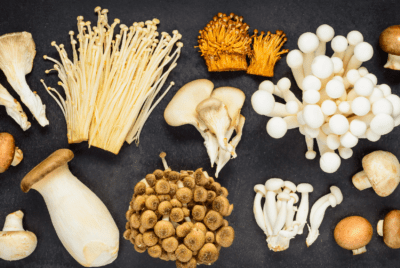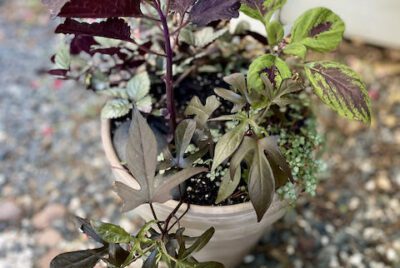RESEARCH
Health-Promoting Prisons: Theory to Practice
Summary
The research highlights how prisons provide a unique opportunity to address health inequalities and promote positive well-being among marginalized populations. Using horticultural therapy programs as a case study, it demonstrates how gardening can improve mental health, build social skills, and enhance employability for prisoners. The Greener on the Outside for Prisons (GOOP) program in the UK, for example, has shown positive impacts on stress reduction, emotional resilience, and self-esteem, while also teaching vocational skills that support rehabilitation and reintegration.
Findings suggest that nature-based interventions in prison settings can bridge public health and criminal justice efforts, creating a more humane and rehabilitative environment. However, challenges remain, including limited funding, policy constraints, and the need for systemic integration of such programs. The study advocates for a whole-system approach to prison health, emphasizing the long-term benefits of horticulture for personal development, community reintegration, and reducing recidivism







